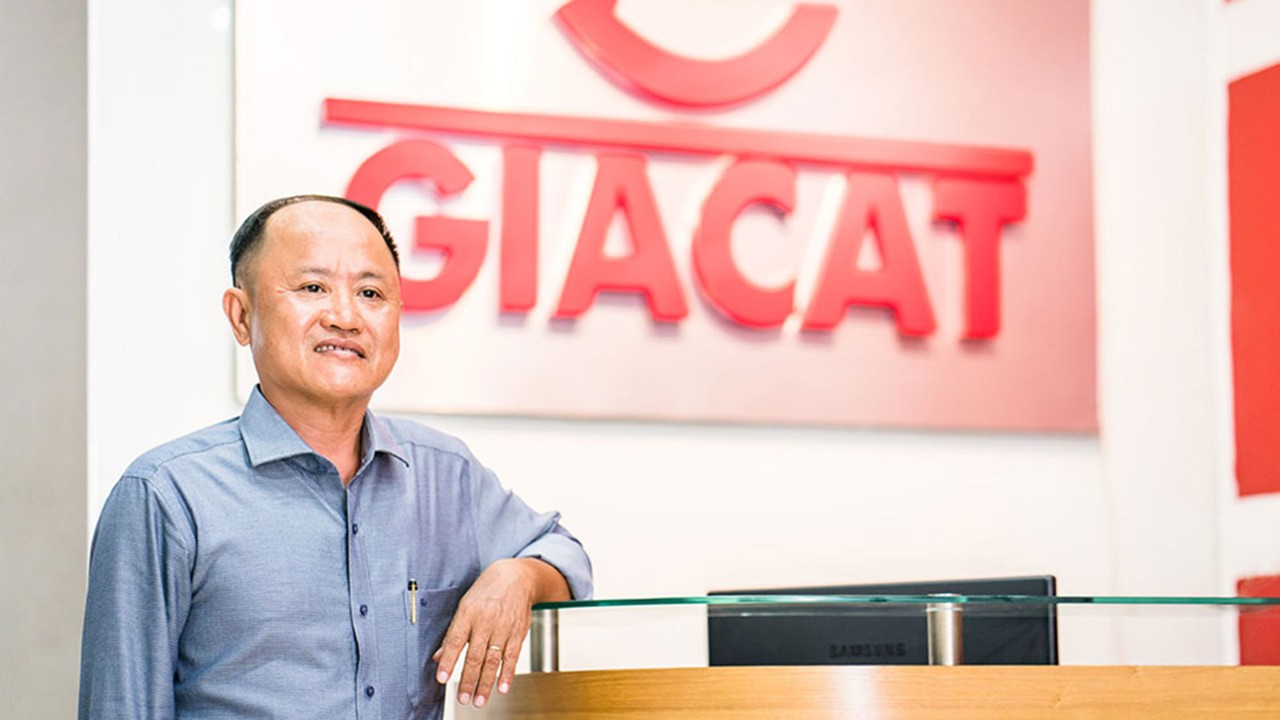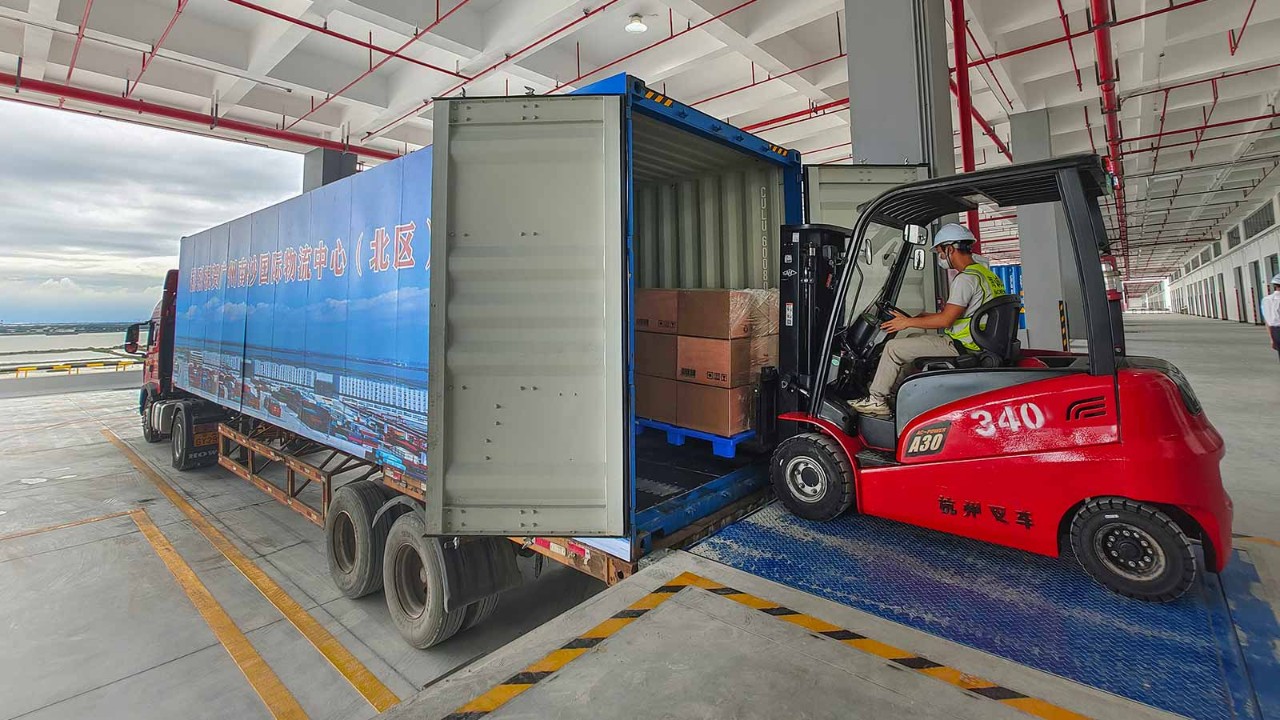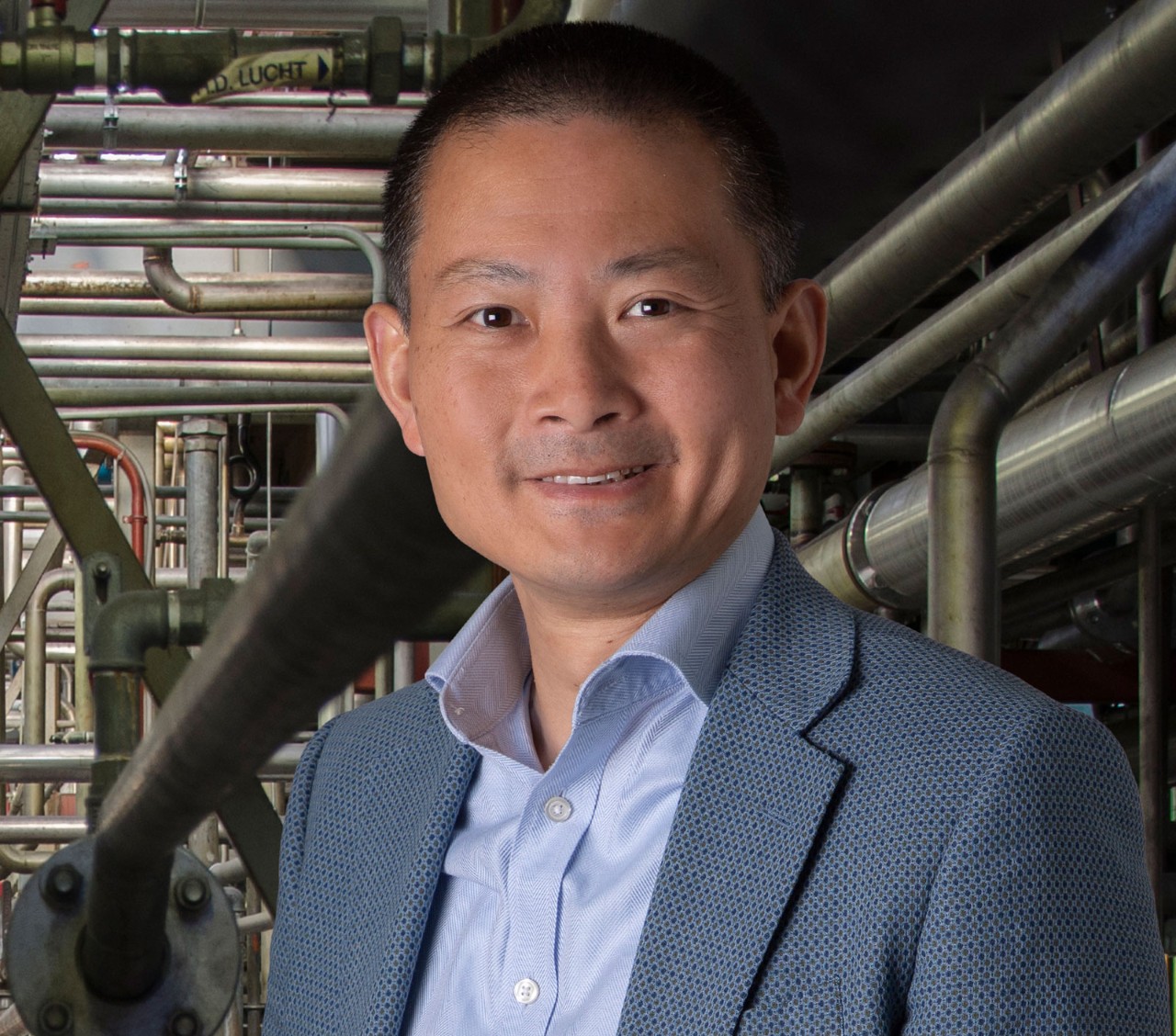
Twenty years ago, Nguyen Phan Xuan Thuy founded accounting and auditing firm Gia Cat with a partner in Ho Chi Minh City, Vietnam. Since then, the practice has grown, employing more than 100 staff while providing myriad professional services to a wide range of clients in the country.
‘I build very clear guidelines for my employees on issues such as positive thinking, time management and how to create a service environment’
‘We had to start everything from scratch,’ Thuy says. ‘From strategy development to marketing and human resources, we had to build it all.’
This wasn’t easy, and the pair learned that their decisions weren’t always correct: ‘We set up our strategy, but it wasn’t always right,' Thuy admits. 'That meant we had to set a mission, plan it, do it, and then plan it again if it didn’t work.’
Soft skills
Thuy, who is now managing director, places great emphasis on providing guidance for his staff, and believes in fostering both material and mental health. ‘In operations, I build very clear guidelines for my employees on issues such as positive thinking, time management and how to create a service environment,’ he says. ‘I also want our staff to succeed in both material and spiritual aspects: by material, I mean a competitive salary in the market, and in the spiritual aspect I help my staff with how to be happy.’
When Gia Cat was just starting out, Thuy had to focus on the technical skills of auditing and accounting, but he now works more on the soft skills side of the business, especially in terms of helping managers improve their interpersonal skills. In fact, Gia Cat’s personal environment is something that Thuy believes helps it stand out.
‘I think what makes us unique is, firstly, our enthusiasm. I believe in bringing true value to the marketplace, and we try to use enthusiasm to help clients,’ he shares. ‘The second thing that differentiates us is integrity in our marketing: we tell clients what we can do, and we don’t overestimate. And, finally, we understand the business environment and the difficulties our clients may face.’
Stringent standards
In a fast-developing country like Vietnam, these difficulties span a broad spectrum. One issue is that, as Vietnam integrates more deeply into the global economy, domestic companies need to improve their business standards in order to compete.
This is something that Thuy and his team have taken very seriously, and he says that Gia Cat is the first Vietnamese accounting firm to gain the ISO 9000 qualification (on quality management principles), meeting stringent international standards.
‘As a leader in the organisation, I must reach international standards first,’ he says – and this is why he chose to study for the ACCA Qualification, which he gained 15 years ago.
‘At the time, it was my only option, but I know I did the right thing,’ he shares. ‘The ACCA Qualification helped me to bridge the gap and improve my skills following international standards. It also gave me a global view.'
‘You should learn from each client, reflect on that, and apply what you learned to other clients in different industries’
Gia Cat
Gia Cat is based in Ho Chi Minh City, Vietnam, and offers accounting, auditing and tax services. The firm's vision is to become a leading accounting and auditing firm in the country while addressing complex client issues and providing strong career opportunities for employees.
The business has been in operation for 20 years, its 100-strong team has worked with more than 8,000 customers.
This last point is, he believes, key. 'At first, I had no idea what people were doing elsewhere, but ACCA members can share ideas and knowledge so we can have a clearer view of our industry,' Thuy says. 'That helped me to develop our strategy.’
Stand-out culture
This global view has also driven Thuy to create a workplace and company culture that stands out in a country where employee wellbeing still isn’t a top priority.
‘We begin working with potential employees when they are still in university, so by the time they become an entry-level member of the staff we have already known them for three or four years,’ he says.
‘We take a long-term view of choosing the right person; then we focus on the characteristics of self-discipline and enthusiasm.’
Neither of these attributes, Thuy argues, can be learned through training, so he and the other managers strive to find people with these skills already ingrained in them.
‘We also try to understand younger generations,’ he adds. ‘We work to show them that they can learn and grow by creating a learning culture within the company. We also want employees to be themselves.’
Digital disruption
At the same time, Thuy recognises that the sector faces disruption through the development of artificial intelligence, machine learning and algorithms.
‘This fast-changing environment requires professionals to reinvent themselves continuously, and that’s very difficult for anyone over 35, and especially over 50, like me. I think that anyone working in the finance, auditing and accounting industry must have the ability to reinvent themselves,’ he says.
He adds that consulting firms have a unique opportunity to experience many kinds of industries and that knowledge and experience gained can be applied elsewhere. ‘You should learn from each client, reflect on that, and apply what you learned to other clients in different industries.’
Well-prepared
Thuy notes that the practice was well-positioned to cope with the challenges posed by the pandemic.
‘Fortunately, we restructured our company in 2017, and this was very good preparation for the Covid-19 crisis,’ he says. ‘After the restructuring, everyone in the company had to step out of their comfort zone and take responsibility for everyone. We were fortunate, as we had no idea what was coming.’
Thuy also stresses the importance of their experience with the ups and downs of the financial market over the last two decades, in addition to having sufficient financial reserves to get through the worst periods of the pandemic.
Gia Cat has a diverse portfolio of clients, meaning that all their ‘eggs weren’t in one basket’ of an industry that may have been particularly hard-hit by the global health crisis.
Ultimately, Thuy puts Gia Cat’s ongoing health down to resilience – something that he has built into the organisation from day one.
‘I try to build our resilience through three aspects: we accept reality without complaint, we believe strongly in our values and the meaning of what we do, and we believe in improvisation.
'This is part of the culture of my company – the ability to do something we didn’t plan for,’ he explains. ‘Leaders especially need that.’



